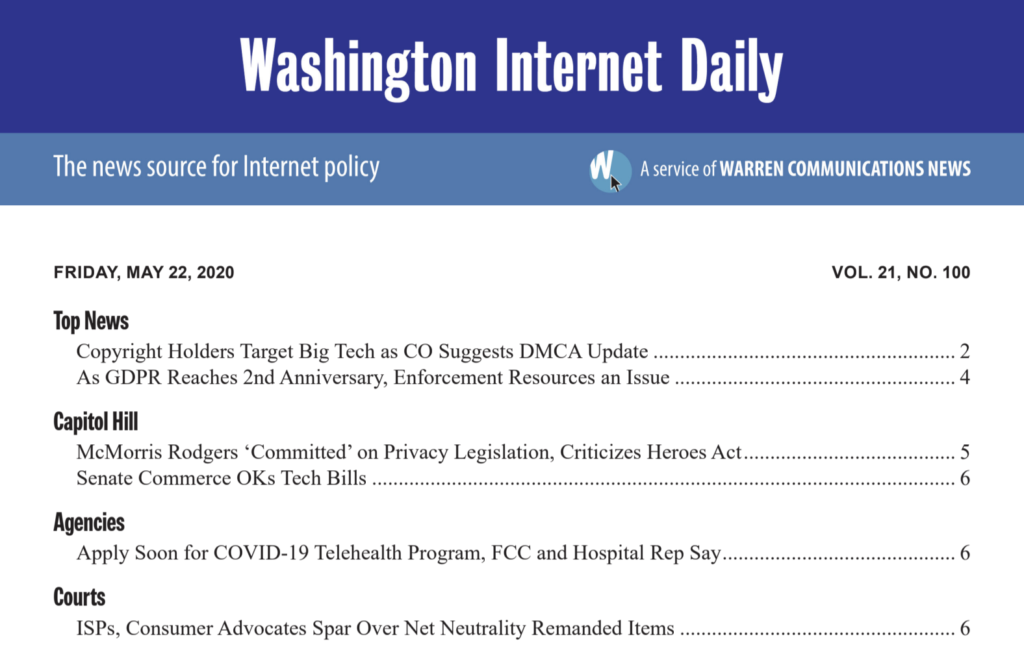On the morning of 16 July 2020, in a significant decision of the Court of Justice of the European Union (CJEU), the Privacy Shield was held to be invalid.
What is the Privacy Shield
The Privacy Shield was an agreement negotiated in 2016 between the United States Department of Commerce, the European Commission and the Swiss Administration to provide a mechanism for companies to transfer personal data from the European Union and Switzerland to the United States. The Privacy Shield was designed to enable companies to transfer personal data across the Atlantic in accordance with EU data protection law that pre-dated the GDPR.
(more…)

